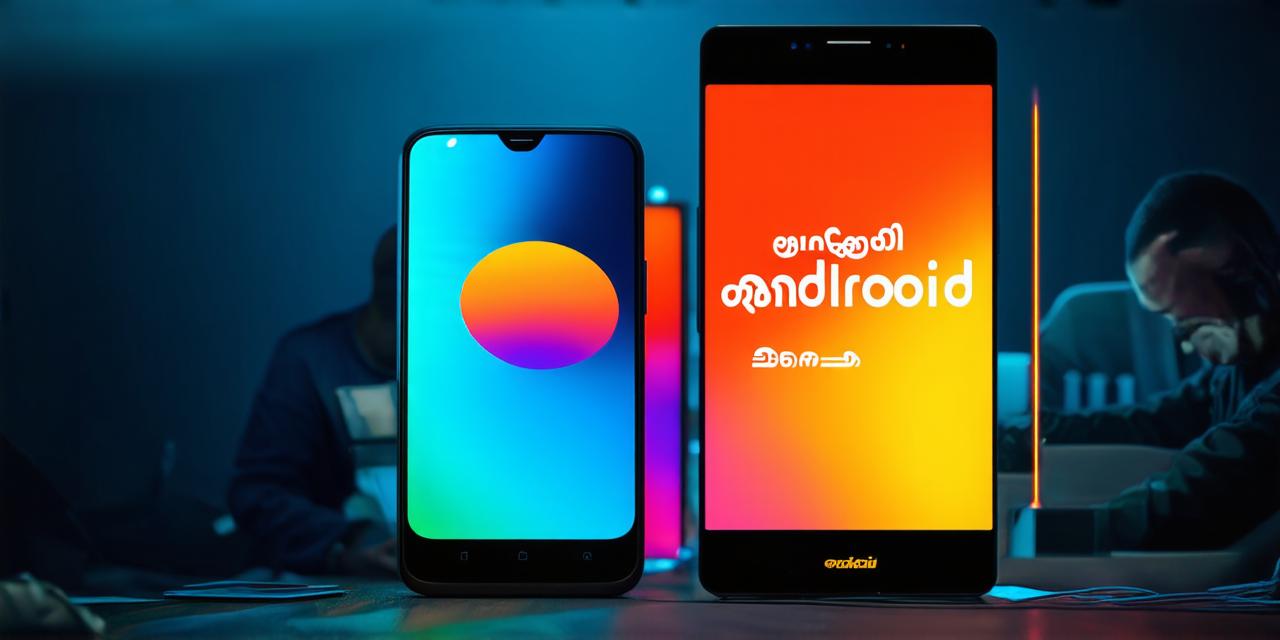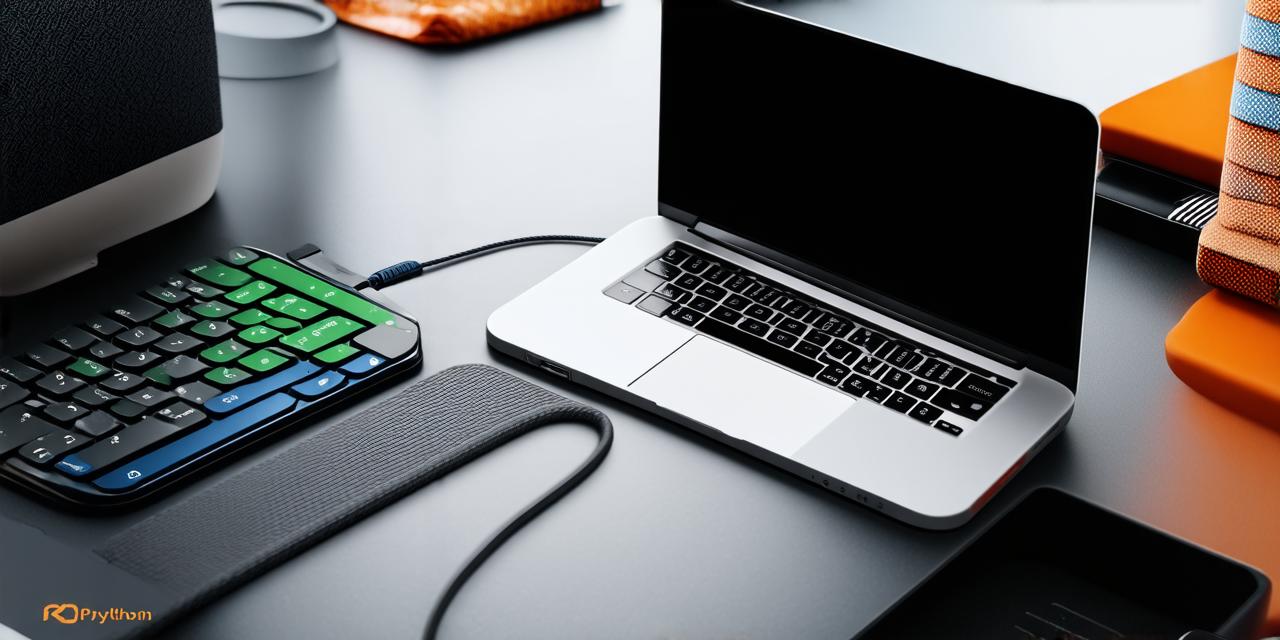Android game development is becoming increasingly popular as more people turn to mobile devices for entertainment. However, developing an Android game can be challenging, especially if you’re new to the platform.
Tip 1: Understand the Basics of Android Development
Before you start developing an Android game, it’s essential to understand the basics of Android development. This includes learning about the Android architecture, the Java programming language, and the Android Studio IDE. By understanding these fundamentals, you will have a solid foundation for building your game.
Tip 2: Choose Your Game Development Toolkit Wisely
There are many tools available for Android game development, but not all of them are created equal. Some popular options include Unity, Unreal Engine, and Construct 3. Each of these tools has its own strengths and weaknesses, so it’s important to choose the one that best fits your needs. For example, Unity is a powerful cross-platform game engine that can be used to create both 2D and 3D games, while Unreal Engine is known for its high-performance graphics capabilities.
Tip 3: Create a Prototype Before You Start Coding
Before you start coding your game, it’s important to create a prototype to get a better understanding of how the game will flow and what features you need to include. This can be as simple as creating a basic layout using a tool like Adobe XD or Figma, or it can be more advanced and involve creating interactive prototypes using a tool like Unity or Unreal Engine. By creating a prototype, you can save time and effort in the long run by identifying any issues early on.
Tip 4: Optimize Your Game for Performance
One of the biggest challenges of Android game development is optimizing your game for performance. This includes minimizing load times, reducing memory usage, and ensuring that your game runs smoothly even on older devices. To achieve this, you can use techniques like code optimization, asset compression, and LOD (level of detail) management.
Tip 5: Test Your Game on Multiple Devices
Before releasing your game, it’s important to test it on multiple devices to ensure that it works properly across different screen sizes, resolutions, and hardware configurations. This can be done manually by testing your game on a variety of devices, or you can use automated testing tools like Robolectric or Espresso to streamline the process.
Tip 6: Learn from Other Developers
Learning from other developers is an excellent way to improve your skills and stay up-to-date with the latest trends in Android game development. This can be done by attending conferences, joining online forums and communities, or reading blogs and articles written by experienced developers. By learning from others, you can gain valuable insights and inspiration that will help you become a better developer.
Tip 7: Keep Your Code Clean and Organized
As your game grows in complexity, it’s important to keep your code clean and organized to make it easier to maintain and update in the future. This includes using descriptive variable names, writing clear and concise code, and following coding standards like SOLID principles. By keeping your code clean and organized, you will save time and effort in the long run by making it easier to troubleshoot issues and add new features.
Tip 8: Use Version Control
Version control is an essential tool for any software developer, including Android game developers. It allows you to keep track of changes to your code over time, collaborate with other developers, and revert to previous versions if needed. Popular version control systems for Android game development include Git and SVN.



